DOE to award $32M for FEED studies for production of rare earths and critical minerals and materials from coal
Green Car Congress
JULY 15, 2023
Coal and coal production waste contain a wide variety of valuable rare earth elements that can be converted into clean energy technology components. The US currently has more than 250 billion tons of coal reserves, more than 4 billion tons of waste coal, and about 2 billion tons of coal ash at various sites across the country.




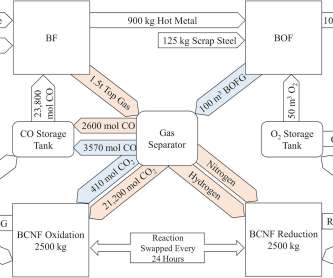



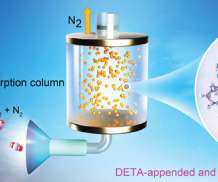

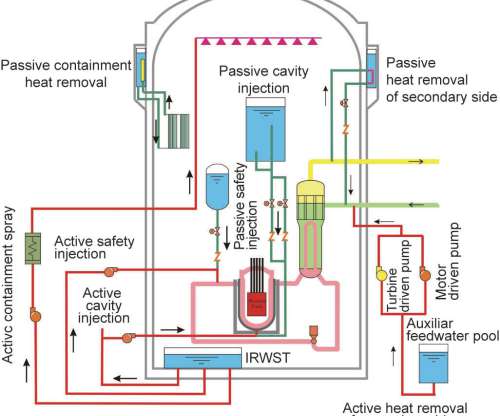





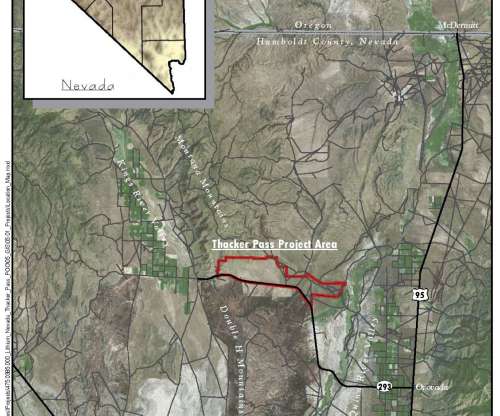










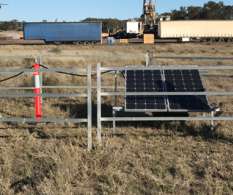











Let's personalize your content